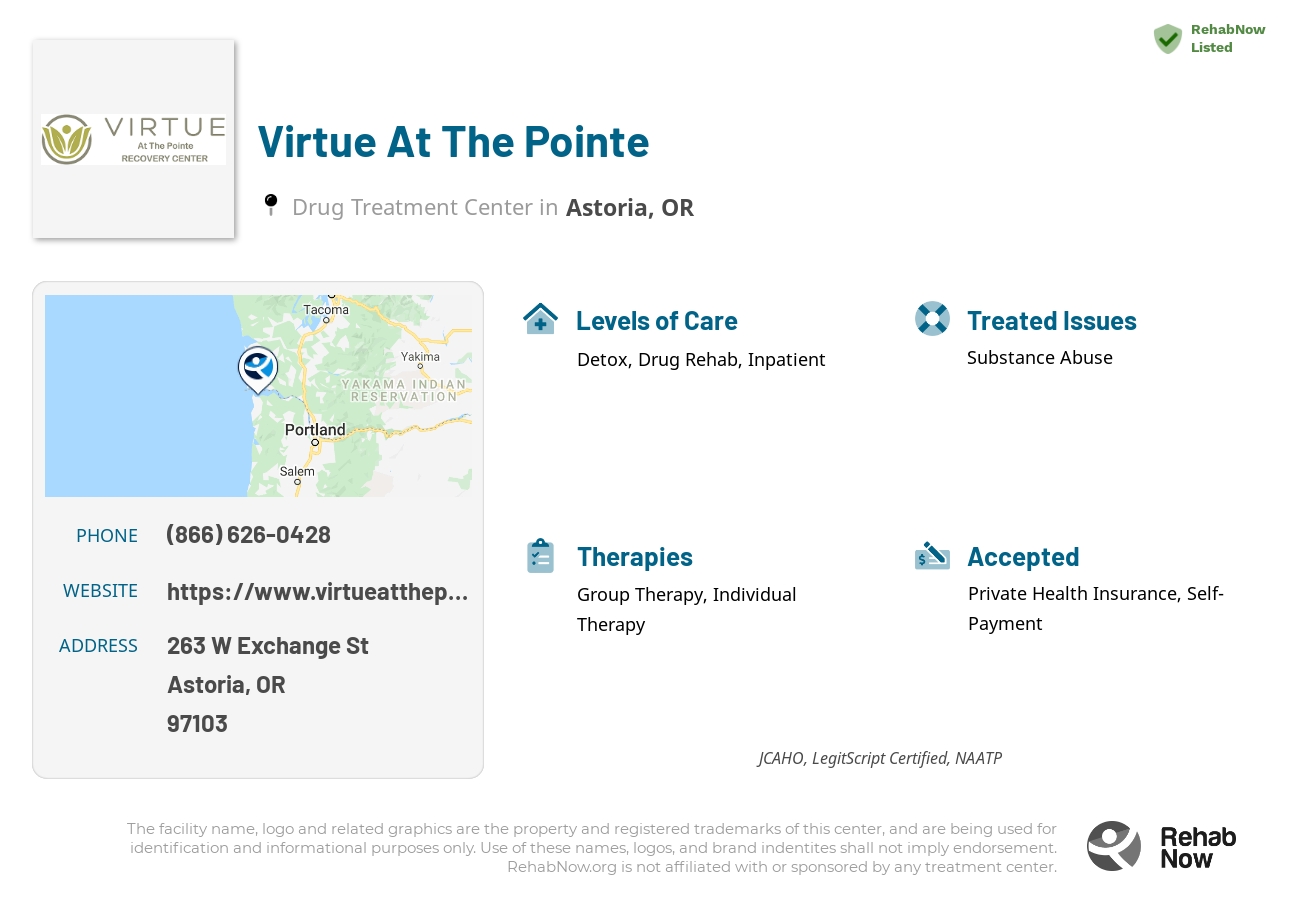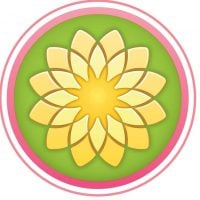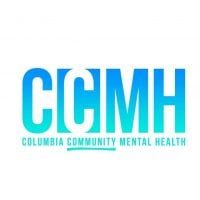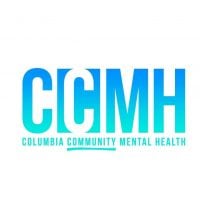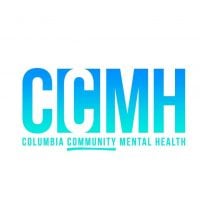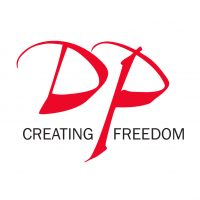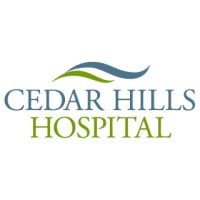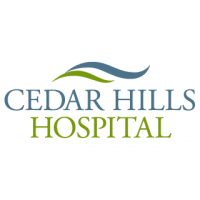Virtue At The Pointe
Drug Rehab Center in Astoria, Oregon
Virtue at the Pointe is a 40-bed drug rehab center in Astoria, Oregon that is accredited by JCAHO, NAATP, and LegitScript, offering detox, inpatient, outpatient, and aftercare services to treat substance abuse, alcoholism, dual diagnosis, eating disorders, and drug addiction.
About Virtue At The Pointe in Oregon
Virtue at the Pointe, located in Astoria, Oregon, provides a supportive environment where individuals can safely detox from alcohol or drugs and overcome their addiction. This private rehab facility specializes in comprehensive addiction treatment and co-occurring disorder management.
Upon arrival, clients undergo a thorough evaluation to determine their unique treatment needs and identify any underlying mental health issues. Based on this assessment, the staff develops a customized treatment plan tailored to each individual's physical and psychological requirements.
Virtue at the Pointe holds accreditations from reputable organizations like JCAHO, NAATP, and LegitScript, ensuring a commitment to high-quality and effective treatment options. As a 40-bed facility, they offer a range of services, including detox, drug rehab, inpatient and outpatient programs, aftercare support, and residential levels of care.
- Personalized detox programs for safe and comfortable withdrawal
- Comprehensive drug rehabilitation addressing underlying addiction causes
- Various levels of care, including inpatient and outpatient options
Virtue at the Pointe specializes in treating various types of addiction and substance abuse issues, including alcohol, drugs, and co-occurring disorders.
Genders
Ages
Modality
Additional
Accreditations
NAATP

LegitScript

JCAHO
Conditions and Issues Treated
Rehabilitation, Medication, and Therapy – a combination of all three is most effective.
The most successful treatments for drug dependence or abuse have been those that include education and counseling and medication such as methadone or buprenorphine. The right drug abuse treatments need counseling, psychotherapy, and detoxification or medications to help with withdrawal symptoms.
Substance abuse can take many different forms, including the overuse or misuse of prescription drugs, unprescribed drugs, alcohol addiction, and drug addiction.
A combination of treatments is often needed to treat drug abuse issues effectively. In the case of drug abuse, there is no easy answer or one-size-fits-all cure.
While some drug addictions can be treated with counseling and support groups, many drug abusers also need medication to help them overcome their addiction. In other cases, drug abuse can lead to a medical problem and require medical treatment.
Treatment for drug addiction typically combines counseling and psychotherapy with medication and behavioral therapies. In some rare cases, hospitalization may also be required. All different treatments combined are the best way to help someone addicted to drugs, alcohol, or other substances.
Levels of Care Offered
This center offers a variety of custom treatment tailored to individual recovery. Currently available are Aftercare Support, Detox, Drug Rehab, Inpatient, Outpatient, Residential, with additional therapies available as listed below.
Detox is the stage of recovery where the drugs or alcohol are entirely removed from your body. There are two different ways to detox, with medications and without. For many drugs and alcohol, the acute phase of detox can be completed in a number of days.
Inpatient recovery offers individual therapy, groups, and family therapy. The length of inpatient addiction treatment depends on the addict and their addiction. Inpatient rehab is a costly drug treatment, costing anywhere from $30k- to $60k. However, insurance often offers help in covering these costs.
Outpatient treatment can be considered the lowest intensity level of addiction treatment in Astoria, OR. It is ideal for early phase addiction or lower intensity addictions. Virtue At The Pointe peer group support, 12-step programs, and individual counseling are likely to be involved.
Residential treatment programs are those that offer housing and meals in addition to substance abuse treatment. Rehab facilities that offer residential treatment allow patients to focus solely on recovery, in an environment totally separate from their lives. Some rehab centers specialize in short-term residential treatment (a few days to a week or two), while others solely provide treatment on a long-term basis (several weeks to months). Some offer both, and tailor treatment to the patient’s individual requirements.
Aftercare support is vital to those who have completed a drug or alcohol treatment program. This support comes in individual and family counseling, treatment of psychiatric and other medical conditions, and medications to reduce cravings. It helps recovering addicts adjust to normal day-to-day activities and can last for a year or longer.
The majority of drug and alcohol addicts who receive aftercare treatment do not relapse. It is estimated that without aftercare, the relapse rate will be between 70 to 90 percent for most people. Aftercare is the final stage in addiction recovery, but it will also help maintain sobriety if relapse does occur.
Therapies & Programs
Individual therapy is ideal for addicts who want to focus on themselves. It can also be helpful for those whose withdrawal symptoms are exacerbated by the presence of other people.
Benefits of individual therapy are:
- Access to a personalized treatment plan that focuses on the individual needs of the addict
- More privacy during treatment sessions
- Better personal development through introspection
- Increased self-awareness regarding addictive tendencies in order to avoid relapse
- Greater potential for a long-term recovery plan
- Receiving professional advice and detox assistance from medical staff
Family therapy can help you and your family deal with old issues that may trigger substance abuse. The idea behind family therapy for drug addiction is that you are never fully healed from substance abuse until you’ve healed your relationship with your family, too. To get sober, you need to find a different way to cope with the pain in your life.
This is when a group of people in various stages of recovery meet up and discuss their experiences, triggers, successes, failures, and even alternative therapies! Unlike support groups where everyone already knows each other, group therapy is conducted along side outpatient or inpatient treatment at Virtue At The Pointe.
Trauma therapy is a clinical process that helps individuals deal with mental stress often caused by traumatic events. The therapist helps the person identify, understand and work through the problem. This is done with the help of talking about it in group or one-on-one counseling sessions.
Therapists use relaxation, role-playing, art, and music to help the person open up about what is bothering them. Some examples include:
- Talking about the traumatic event and how it affected them.
- Helping those who have PTSD to deal with their nightmares and recurring memories.
- Working with individuals to resolve the issues triggering the stress, whether seeing someone who reminds them of what happened or feeling helpless.
The individual is also encouraged to help others that are struggling with similar problems. This often helps them feel empowered and gives them hope.
Trauma therapy is not for everyone; it is usually reserved for people who have recently experienced a traumatic event and struggle to get over it. It is generally done for children, teenage victims of sexual assault, and war veterans.
Dialectical Behavior Therapy (DBT) is used by drug treatment centers across the United States to help drug addicts become sober. DBT is a type of Cognitive Behavioral Therapy (CBT) that combines traditional behavioral treatments with elements from DBT, including dialectics, distress tolerance, and interlocking issues. Some of the negative behaviors associated with addiction, such as impulsivity and mood swings, are addressed in DBT, while others like craving and isolation are not. It is commonly used to treat Borderline Personality Disorder (BPD) along with substance abuse disorders.
The four DBT modules are mindfulness, interpersonal effectiveness, emotion regulation, and distress tolerance:
- Mindfulness helps recovering addicts learn to identify and experience their emotions while realizing that they are not permanent.
- Interpersonal Effectiveness includes assertiveness, asking for what you need, and saying no while improving communication skills.
- Distress Tolerance has recovering addicts learn how to tolerate distress at the moment and avoid resorting to substance abuse.
- Emotion Regulation is used to identify, express and change emotions.
CBT is a psychotherapy approach and method. [ws-nap-name] people to examine how their thoughts, including habitual harmful and inaccurate thinking, affect their actions. CBT is based on the idea that rigid, inflexible thinking leads to poor stress management, which leads to emotional distress.
Similarly, CBT helps people identify and change negative behaviors. It makes you question your perceptions and ask if they are realistic. CBT asks people to examine their behaviors and emotional responses and how they affect their lives. CBT aims to change people’s thinking and behavior to lead a more balanced and healthy life.
Moreover, CBT has been shown to reduce anxiety disorders, depression, and symptoms associated with harmful thoughts or actions.
Eye Movement Desensitization and Reprocessing (EMDR) therapy is a treatment method that helps reduce the impact of traumatic memories on individuals. It involves following a bar of light or watching a therapist’s finger move back and forth. This mimics the eye movements of REM sleep, which allows the brain to reprocess memories. EMDR therapy is combined with behavioral therapies to address the root cause of the problem. This reduces the desire to escape painful memories with drugs.
EMDR is effective in reducing the craving one experiences while being treated for drug addiction. Studies have shown that patients who undergo this therapy use drugs less and stay sober for more extended periods than those who do not. It is also more beneficial than talk therapy and medication. This can be performed in combination with medications to reduce the adverse side effects. While some believe that it does not treat the root cause, studies have shown that therapy combined with medication brings in better results.
Patient Experience
Creative Arts
Creative Arts Therapy is one of the most effective types of therapy used in addiction recovery at Virtue At The Pointe. The use of art, music, dance, and other creative pursuits stimulate neurogenesis (the growth of new brain cells) which helps increase memory, focus, problem-solving abilities, and self-awareness. It also increases motivation to make changes in one’s life and reduces stress and anxiety, allowing addicts to combat triggers more effectively.
Creative Arts Therapy helps drug users increase their self-awareness. A major factor in addiction is avoidance of emotions, which can be challenging to identify or express. Creative arts therapy helps raise awareness of feelings. It also allows addicts to explore themselves and their relationships with others more deeply, which can help them break the patterns of addictive behavior that have developed.
Fitness Therapy
A fitness therapist may recommend a range of exercise routines to improve strength, endurance, speed, and agility. A healthy body, and mind, is ideal when recovering from an addiction. The plan is often tailored to a specific individual’s needs, whether they’re recovering from injury or illness, working on getting back into shape after a long lay-off, or looking for ways to boost stamina and maximize their physical potential.
Payment Options Accepted
For specific insurance or payment methods please contact us.
Is your insurance accepted?
Ask an expert, call (888) 674-0062
Additional Details
Specifics, location, and helpful extra information.
Astoria, Oregon 97103 Phone Number(866) 626-0428 Meta DetailsUpdated April 15, 2024
Staff Verified
Is Virtue At The Pointe a LegitScript Verified Treatment Facility?
According to our most recent records, we have found this center to be LegitScript verified.
Virtue At The Pointe Patient Reviews
There are no reviews yet. Be the first one to write one.
Astoria, Oregon Addiction Information
Oregon’s drug abuse rates are higher when compared to other states in the country, and currently ranks 5th in the nation for drug-related health issues. Marijuana and prescription opioids are among the top drugs most often abused by teenagers in Oregon. Alcohol abuse in the state is also higher than average; over 6.25% of residents abuse alcohol every year.
Drug addiction is a major problem in Astoria, OR. It's estimated that one out of every three people will suffer from drug and alcohol abuse problems at some point in their lives. The economic cost of drugs is staggering. Drug addiction and abuse can lead to crime, violence, and other social problems. Detox programs help people overcome withdrawal symptoms as they detox from drugs or alcohol.
Treatment in Nearby Cities
- Ontario, OR (367.7 mi.)
- White City, OR (264.6 mi.)
- Redmond, OR (185.7 mi.)
- Ashland, OR (281.9 mi.)
- Estacada, OR (95.7 mi.)
Centers near Virtue At The Pointe
The facility name, logo and brand are the property and registered trademarks of Virtue At The Pointe, and are being used for identification and informational purposes only. Use of these names, logos and brands shall not imply endorsement. RehabNow.org is not affiliated with or sponsored by Virtue At The Pointe.




